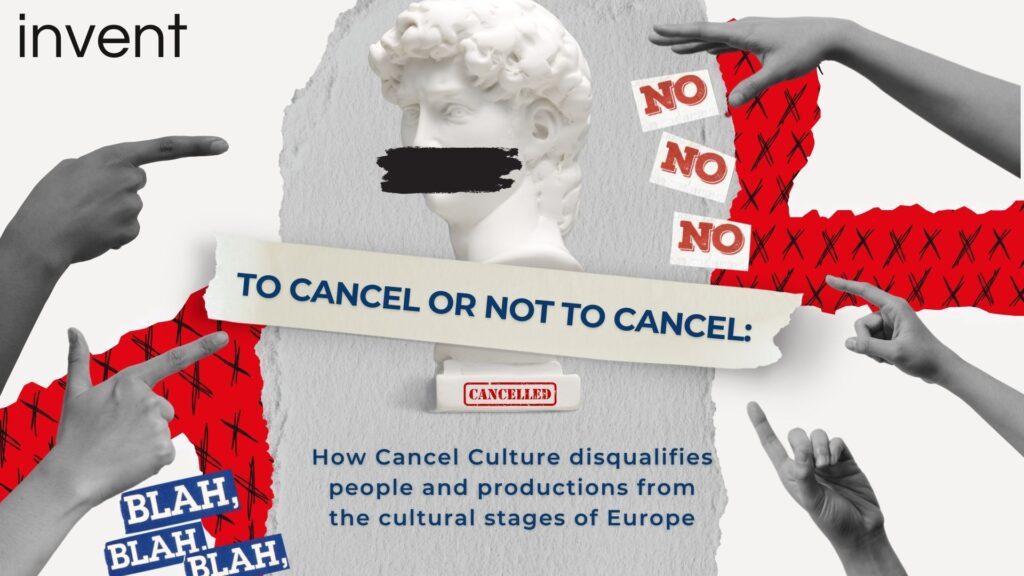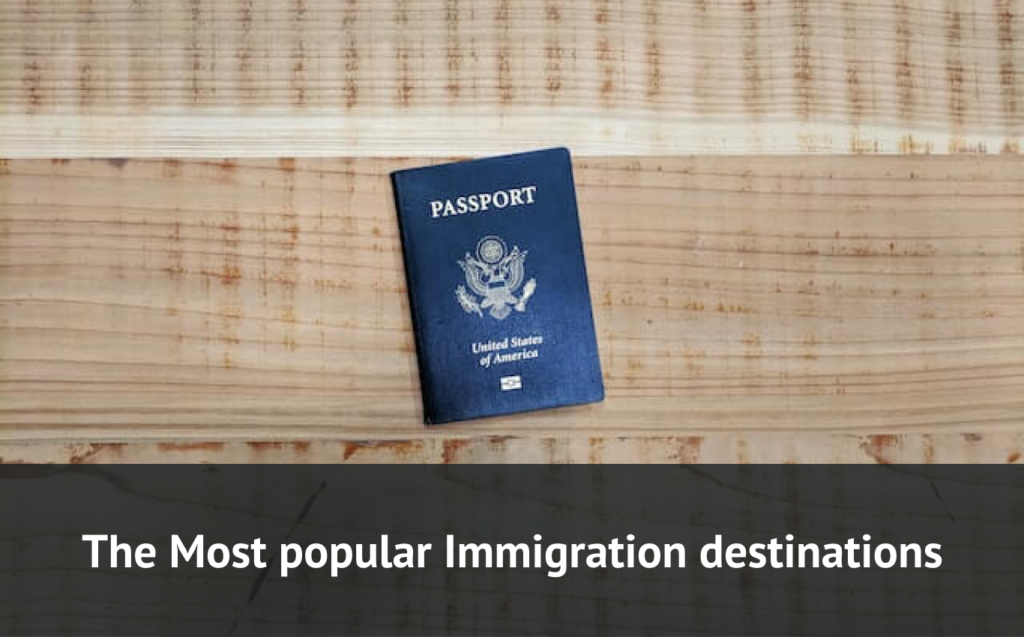 POSTES INTERNATIONALES DU MAROC
POSTES INTERNATIONALES DU MAROC
What Is Cancel Culture And Why Do Americans Refuse To Participate?
This AI generated article series “Major Social Issues in the US” attempts to give the students of Exchange Lab a feel of the issues that divide the United States of America at the societal level.
Cancel Culture is a phenomenon that has been happening in America on the internet. It is an extreme form of “taking someone down a few notches.” This article will explore what it is, why Americans refuse to participate, and how Americans are resisting it.
Background
In recent years, the term “cancel culture” has become more and more prevalent in American society. But what exactly is cancel culture?
At its core, cancel culture refers to the phenomenon of people being “cancelled” or ostracized by others for expressing unpopular or controversial opinions. It’s a form of social punishment that can be devastating to one’s reputation and livelihood.
Cancel culture is often perpetuated by social media, where it’s easy for someone to be denounced and publicly shamed for something they said or did that was deemed offensive. The online mob mentality can be especially vicious, with little regard for due process or fairness.
While cancel culture can be used as a tool for justice, it also has the potential to be abused. People have been cancelled for things as minor as wearing the wrong type of clothing or using the wrong word. In some cases, people have even been cancelled for things they didn’t do at all.
Given the power of cancel culture, it’s no wonder that many Americans are reluctant to participate in it. No one wants to risk being on the receiving end of its wrath.
What do you think about cancel culture? Do you participate in it or do you avoid it?
Why Americans are resisting it
There are several reasons why Americans are resisting cancel culture. First, many people believe that cancel culture is a form of McCarthyism, where individuals are targeted and punished for their political beliefs. Second, cancel culture often leads to the silencing of dissenting voices, which goes against the American value of free speech. Finally, some people argue that cancel culture is simply a way for the powerful to maintain their power, as it allows them to silence anyone who disagrees with them.
The good and the bad of Cancel Culture
There are both good and bad aspects to cancel culture. On the one hand, it can be a way to hold people accountable for their words and actions. On the other hand, it can also be used as a tool for cyberbullying and harassment.
When used for good, cancel culture can be a powerful force for change. It has been used to hold public figures accountable for their words and actions, and to shine a light on companies or institutions with poor practices. Cancel culture can also be used to support marginalized communities, by calling out discrimination or bigotry when it occurs.
However, cancel culture can also be used as a weapon to harass and intimidate others. It can be used to target individuals for their political beliefs or personal choices, and to try to silence dissent. In some cases, cancel culture has resulted in death threats and other forms of online harassment.
It is important to remember that cancel culture is not always effective, and that it can often do more harm than good. If you’re considering participating in cancel culture, make sure you weigh the potential risks and rewards before taking any action.
How does Cancel Culture affect art and culture
Cancel culture is the practice of withdrawing social or professional support for someone because they have expressed an unpopular opinion. In recent years, it has become increasingly common for people to be “canceled” for their views on a wide range of topics, from politics to pop culture.
While some argue that cancel culture is a necessary corrective to bad behavior, others believe that it is a form of moral McCarthyism that stifles free speech and open debate. American conservatives have been particularly vigorous in their opposition to cancel culture, characterizing it as part of a broader “war on Christianity.”
Regardless of one’s views on cancel culture, there is no denying that it has had a significant impact on art and culture. For example, many museums and art galleries have been pressured to remove works of art that are considered offensive by today’s standards. In some cases, such pressure has resulted in the destruction of works of art.
Some artists have responded to the rise of cancel culture by self-censoring their work. Others have doubled down on their commitment to creating controversial art, knowing that they may be “canceled” as a result. No matter what stance artists take on cancel culture, it is clear that the phenomenon is having a profound effect on the world of art and culture.






